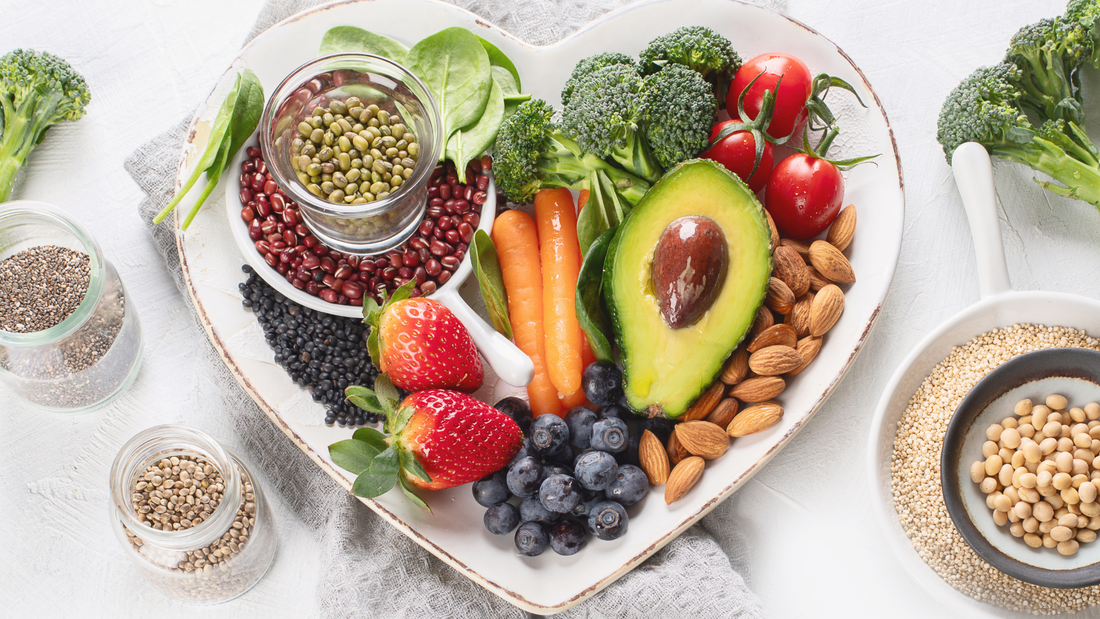
11 Steps Vegetarians Should Take To Ensure They Get Proper Levels Of Protein
Getting enough protein on a vegetarian diet is important for maintaining muscle mass, supporting healthy bodily functions, and keeping you feeling satisfied. However, some vegetarians may not know the best ways to ensure their daily protein needs are met. Follow these 11 key steps as a vegetarian to help you get proper levels of this important macronutrient.
- Aim to eat a good protein source at each meal. Choices like eggs, dairy, beans, lentils, nuts, seeds, whole grains, and soy products offer varying amounts of protein per serving. Spreading your protein intake throughout the day helps your body utilize it most effectively.
- Enjoy high-protein vegetarian foods like tempeh, edamame, and Ezekiel bread. An ounce of tempeh packs about 16 grams of protein while a cup of edamame has around 18 grams. Look for breads like Ezekiel that use sprouted whole grains for 7 grams per slice.
- Experiment with lesser-known protein sources like quinoa, amaranth, spirulina, and nutritional yeast. Quinoa and amaranth are gluten-free ancient grains with around 8 grams per cooked cup while spirulina and nutritional yeast flakes offer a nutritional punch.
- Consume Greek yogurt and use milk and cheese to add more protein to meals and snacks. Opt for Greek yogurt over regular for almost double the protein. Part-skim varieties cut down on saturated fat while still offering an impressive 16-20 grams per serving.
- Add nuts, seeds, beans, lentils, tofu, tempeh, and edamame to salads, bowls, roasted veggies, pasta dishes, soups, and more to ramp up protein content. An ounce each of sunflower seeds or pumpkin seeds has 6 and 9 grams respectively.
- Enjoy a protein smoothie daily made with nut butter, protein powder, Greek yogurt, milk or a dairy alternative, chia seeds, ground flaxseed, plant-based protein powder, or a combination of fruit and veggies.
- Sprinkle hemp, chia, pumpkin, sunflower, or flaxseeds onto breakfasts like oatmeal, yogurt, and cereal, or add them into smoothies and baked goods for an extra 3-9 grams per tablespoon.
- Read nutrition labels and opt for bread, cereal, pasta, crackers, plant-based meat alternatives, and other products with higher protein levels.
- Snack on trail mix with nuts, seeds, and dried fruit, or enjoy peanut or almond butter on apples or celery sticks between meals.
- Eat more legumes like lentils and various types of beans which offer significant plant-based protein. Work them into soups, salads, rice bowls, veggie burgers, stews, chilis, pastas, and veggie spreads.
- If needed, use a plant-based protein supplement, like pea or soy powder, to help meet daily protein goals especially when increasing physical activity levels. Add to smoothies or mix with nut milk for a nourishing drink.
Following these vegetarian protein tips can help promote muscle growth after workouts, fuel your active lifestyle, aid weight management, and support overall health. Aim for around 0.36 grams of protein per pound of body weight as a minimum target.